Writer Ben Aaronovitch penned some of the most popular Doctor Who episodes of all time with ‘Remembrance of the Daleks,’ but was disappointed with his work on his subsequent story. Did ‘Battlefield’ really a fail as a Doctor Who adventure?
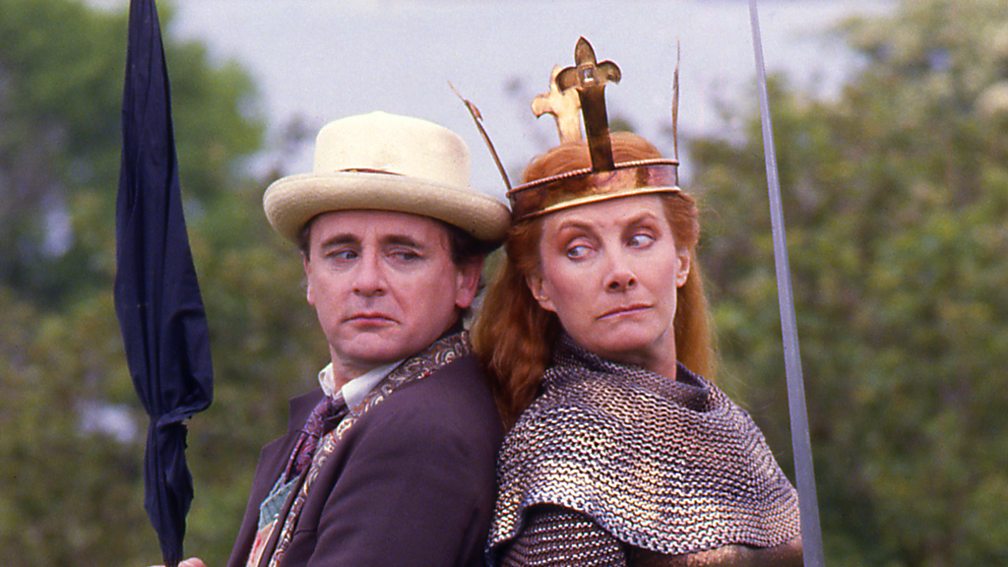
First, it’s important to remember that ‘Battlefield’ aired during a particularly difficult time for Doctor Who. It’s common knowledge that the BBC had lost its faith in the series by 1989, and had attempted to cancel it in 1985. And so by the time the Sylvester McCoy era came around, it was awkwardly scheduled opposite the popular soap opera Coronation Street, and not widely promoted.
It is (probably) for this reason that the opening Doctor Who episodes of Season 26 are among the lowest-rated in the series’ history, with ‘Battlefield’ part one achieving a record low of 3.1 million viewers. And although this figure was beaten in later years, things weren’t looking good for our favourite time traveller.
Of course, just because a handful of Doctor Who episodes receive low ratings doesn’t mean that they are a “failure.” Indeed, some of the lowest-rated Doctor Who episodes of the 80s are among fans’ favourites, including ‘Ghost Light,’ ‘The Curse of Fenric’ and Ben Aaronovitch’s 1988 story ‘Remembrance of the Daleks,’ which is now regarded as an all-time classic.

It was for this reason that Aaronovitch was asked to contribute some Doctor Who episodes to the 1989 season, and he ultimately delivered ‘Battlefield’ – an adventure which delved into Arthurian legends and saw the return of UNIT, the Brigadier and Bessie the motorcar. It had many factors working in its favour.
And indeed, it still does. One of the things that the script editor Andrew Cartmel was keen to expand upon was the Doctor’s enigma. The series was called Doctor Who, after all, and Cartmel was keen to keep asking this question. Who was this nameless, homeless wanderer with a shadowy past?
In these particular Doctor Who episodes, Aaronovitch simultaneously ran with this idea and turned it on its head. Instead of focussing on the Doctor’s past, he explored the Doctor’s future – a future he hadn’t experienced yet, and learned about through characters he had yet to meet. Over the course of ‘Battlefield,’ the Time Lord encounters a number of individuals who identify him as Merlin, the famous sorcerer from Arthurian legend, and describe events that have yet to happen from the Doctor’s point of view. One day, he will become Merlin and fight the evil Morgaine and her armies. She will seal him in the ice caves for all eternity.
This is an intriguing notion and, surprisingly for a series about time travel, wasn’t something that previous Doctor Who episodes had really explored. He seldom met people from his own future, describing events that are yet to come. Moreover, the idea of having the Doctor identified as “Merlin” builds on the question as to who the eponymous Time Lord really is.
At the same time, there are a number of elements from the Doctor’s past which add to the enjoyment of this story. UNIT, for example, hadn’t made a proper appearance since ‘The Android Invasion’ in 1975, and even though the Brigadier had returned a couple of times, these moments had been few and far between. And whilst UNIT and the Brigadier don’t necessarily make for an epic Doctor Who story by themselves, they are a guaranteed fan-pleaser.
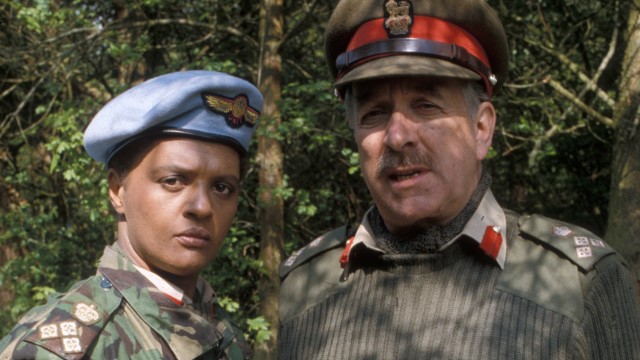
Despite this, Aaronovitch has said that he felt the Brigadier’s inclusion in ‘Battlefield’ was a mistake, perhaps because of the busy roster of characters already occupying these Doctor Who episodes. Certainly, there are many, and there are number of concurrent sub-plots. An advantage of this is the variety, and ‘Battlefield’ is certainly not dull. A disadvantage is that there is less time for these characters and their relationships to be developed more fully. Ultimately, it depends what the viewer is really looking for; after all, ‘Battlefield’ is a science fiction action story, first and foremost.
And on that note, it’s worth taking a moment to appreciate the fight sequences that comprise these Doctor Who episodes, for there are many. And whilst the series may have been struggling with a truncated production schedule and budget, it is clear that the team were working hard to make the best television they could with the resources available. A highlight must surely be Brigadier Bambera‘s sword fight – a sequence which was included at the request of actor Angela Bruce, who practiced the choreography with a pencil.
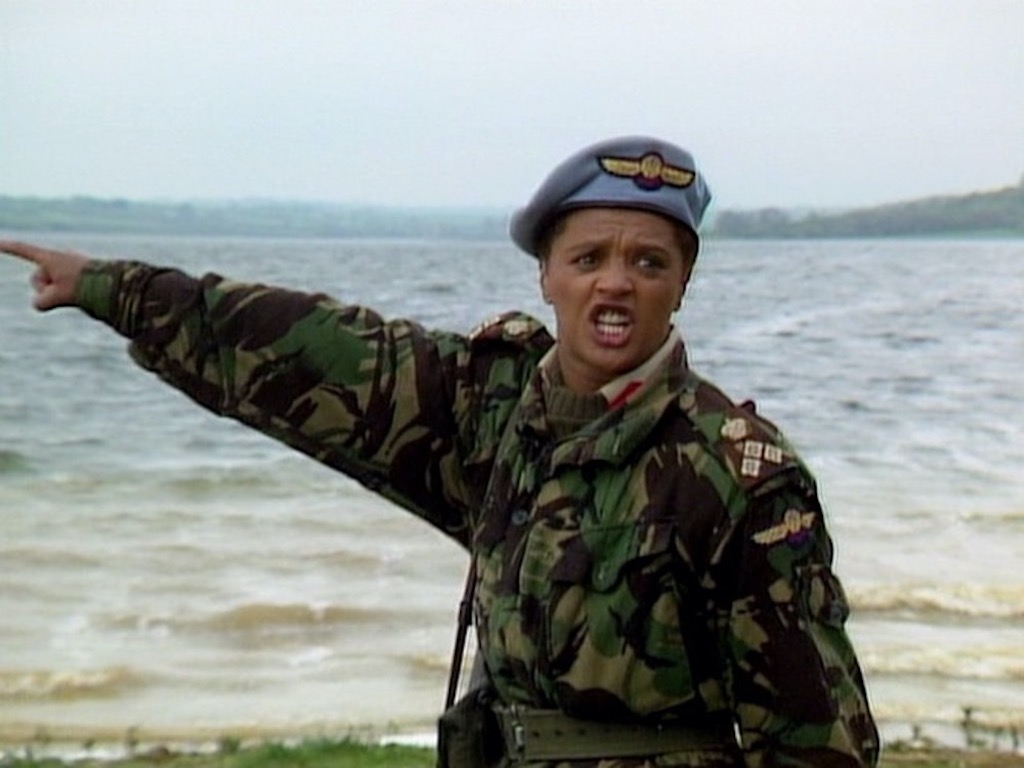
And what of ‘Battlefield’s overall premise? Admittedly, the events in these particular Doctor Who episodes may take one or two viewings to sink in, and perhaps the hurried explanations are symptomatic of the crowded ‘dramatis personae.’ But the story does hang together. Warring factions from a parallel dimension are answering the call of Excalibur, King Arthur’s sword, and they arrive on Earth for the resurrection of the fabled king, gearing up for the final battle. The human race is caught in the crossfire, with Brigadier Lethbridge-Stewart coming out of retirement to protect the planet against the sorceress Morgaine, and her pet demon the Destroyer.
Sadly, the Destroyer is confined to a few, brief scenes in these Doctor Who episodes, but he is arguably one of the most intriguing and well-realised Doctor Who monsters of the Seventh Doctor’s era, posing a real and gargantuan threat to the human race, and one that almost finishes the Brigadier for good. It’s a shame that ‘Battlefield’ doesn’t feature more scenes with this slavering baddie, but at the same time the brevity of the Destroyer’s appearances does leave the viewer hungry for more, and this is no a bad thing.
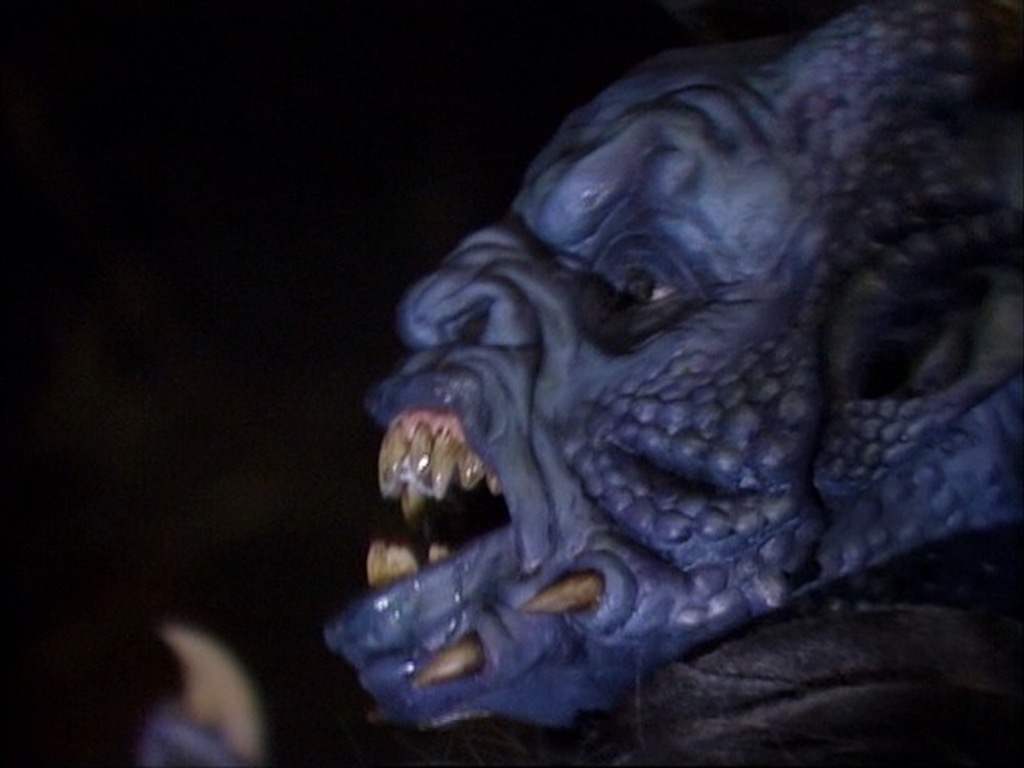
Is it fair, then, to say that ‘Battlefield’ is a failure? Speaking on the story’s DVD release, Aaronovitch said that he considered this story to be his first failure as a writer, and on Doctor Who Wikia he is quoted as saying “it doesn’t work as a script, has crappy design and unhelpful music.”
Conversely, the script editor Andrew Cartmel has named ‘Battlefield’ as one of his top three favourite serials, and Angela Bruce said that her role as Brigadier Bambera was one of the most enjoyable jobs she ever did.
But over to you, reader. What did you enjoy most about these Doctor Who episodes? And should the Destroyer make a return appearance? Let us know in the comments below.
Shop on Amazon
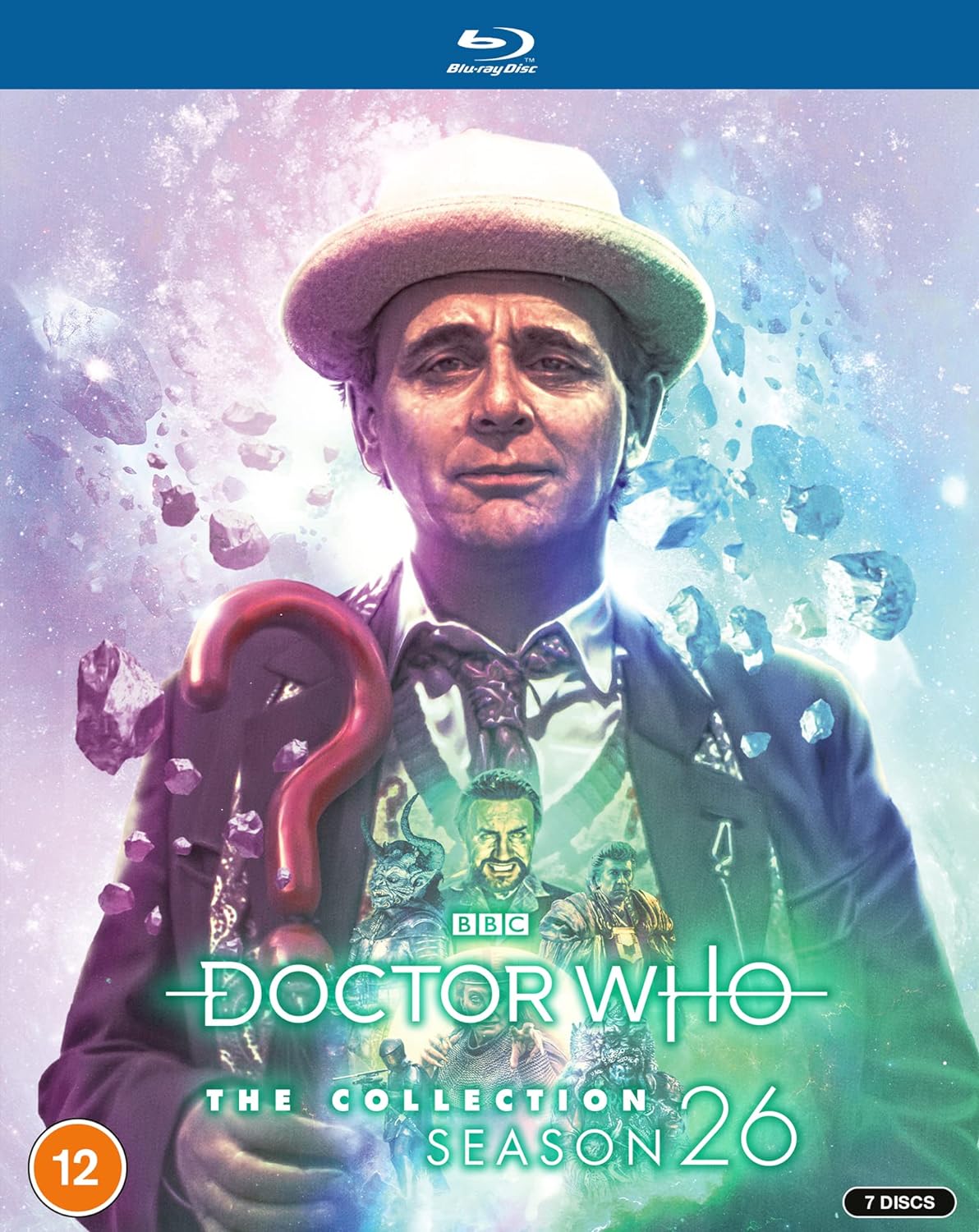
Latest posts
- Do Doctor Who fans object to ‘new things’?
- Will Doctor Who The Collection include the earliest seasons?
- The greatest Doctor Who sequels
- Doctor Who Season 21: Was the Myrka really that bad?
- Resurrection of the Daleks: blood bath or bona fide classic?








Thought battlefield gave very interesting take on King Arthur and Merlin
Battlefield makes it into my Top 50 Doctor Who stories of all time. I enjoy it more each time I watch it.
Not a failure, far from it. The production team did a fantastic job with the limited resources they had. Battlefield introduced a whole new element to the series (ie the Dr as Merlin) which needs to be explored further.